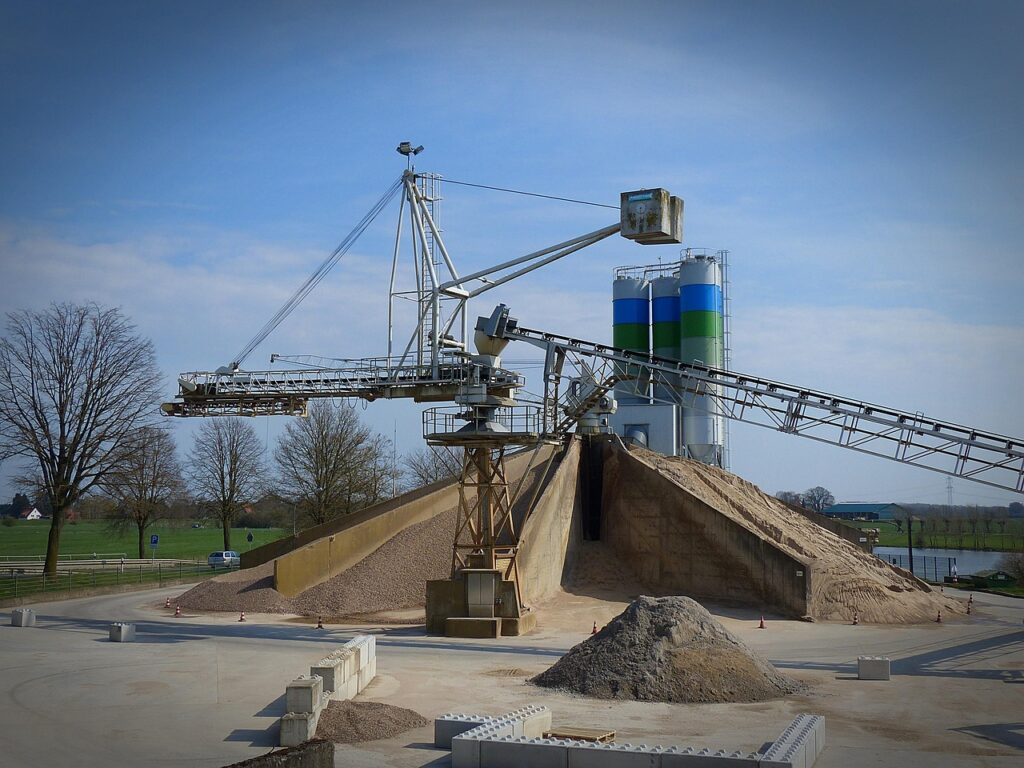Why Dallas, Texas for Custom concrete waterproofing and Home & Garden Tips?
Home & Garden Tips, Custom concrete waterproofing, and more…
Essential Tools and Materials:
- Caulk: A flexible sealant used to seal small gaps and cracks between materials like windows, doors, and pipes, preventing water infiltration.
- Waterproof Sealant: A specialized coating that forms a protective barrier on surfaces, repelling water and protecting against damage.
- Concrete Patch: A fast-drying, durable material for repairing cracks and holes in concrete surfaces, restoring structural integrity and preventing water leakage.
- Waterproof Paint: A specialized paint designed to create a water-resistant finish on exposed surfaces, preventing water absorption and providing additional protection.
- Level: An indispensable tool used to ensure the even application of sealant and paint, eliminating unevenness that could compromise the effectiveness of the waterproofing seal.
- Cleaning Supplies: Essential for preparing surfaces by removing dirt, grime, and debris, ensuring proper adhesion of sealant or paint and maximizing waterproofing performance.
Simple DIY Waterproofing Projects:
Caulking Gaps and Cracks:
- Identify areas where water may enter, such as around windows, doors, and pipes.
- Ensure a clean and dry surface before applying caulk.
- Using a caulk gun, apply a generous bead of caulk into the gap.
- Smooth out the caulk with your finger or a caulk-smoothing tool for a professional-looking seal.
Keep Your Home Dry and Happy: All About Custom Concrete Waterproofing
Have you ever noticed water seeping into your basement? Or maybe you’ve seen water stains on your walls? These are signs of a problem with your home’s waterproofing. Just like a raincoat keeps you dry in the rain, waterproofing keeps your home dry and protected from water damage. Water damage can be a real pain, causing mold, rotting wood, and even structural problems.
Custom Concrete Waterproofing is like a shield for your home’s foundation, keeping water out where it doesn’t belong. It’s important to keep your home’s waterproofing in good shape just like you keep your car tuned up and running smoothly.
Finding and Vetting Quality Custom Concrete Waterproofing Contractors:
Hiring the right people for the job is crucial when it comes to protecting your home. Here’s how to find and choose a reliable Custom concrete waterproofing contractor:
Research and Recommendations
- Online Reviews: Look for reviews and ratings on websites like homesgardenspros.com. These sites gather feedback from homeowners who have used different contractors, helping you get an idea of their reputation and experience.
- Word of Mouth: Ask friends, family, and neighbors for recommendations. They can give you firsthand accounts of their experiences with contractors.
Checking Credentials
- Licensing: Make sure the contractor is properly licensed in your area. This shows they meet certain standards of professionalism.
- Insurance: Look for a contractor who has both liability and workers’ compensation insurance. This protects you in case of accidents or damage during the job.
Getting the Details
- Interviews: Meet with several contractors and ask them about their experience, their approach to waterproofing, and what materials they use.
- References: Request references from previous clients to learn more about the contractor’s work and communication style.
- Estimates and Contracts: Get detailed written estimates from each contractor. Carefully review the contract before signing to ensure you understand the scope of work, payment terms, and any warranties.
DIY Homeowner Section:
Are you feeling crafty and confident? You can tackle some basic waterproofing projects yourself!
Essential Tools and Materials:
- Caulk: To seal small gaps and cracks
- Waterproof sealant: To apply a protective barrier
- Concrete patch: To repair cracks and holes
- Waterproof paint: To create a water-resistant surface
- Level: To ensure even application of sealant and paint
- Cleaning supplies: To prepare the surface before applying sealant or paint
Simple DIY Waterproofing Projects
- Caulking Gaps and Cracks: Use caulk to seal gaps around windows, doors, and any other areas where water can seep in. Make sure to clean the surfaces thoroughly before applying caulk.
- Applying Waterproof Sealant: Waterproof sealant is a great way to protect concrete surfaces from water damage. Follow the instructions on the product label carefully.
Things to Remember for Major DIY Projects:
- Safety First: Always wear protective gear like gloves and goggles when working with sealant and other materials.
- Professional Advice: If you’re tackling a large project, it’s a good idea to consult with a professional to get expert guidance.
- Building Codes: Make sure you understand and follow building codes in your area, especially when working with structural elements.
TL;DR: – Too Long; Didn’t Read
Waterproofing your home is important to protect it from water damage. You can hire a professional contractor or tackle some DIY projects yourself. Make sure to choose a reputable contractor or be careful when working with potentially hazardous materials. By taking steps to waterproof your home, you’ll help keep your home dry, comfortable, and safe for years to come!
Additional Resources:
- Website: homesgardenspros.com
- DIY Waterproofing Videos: YouTube
- Home Improvement Books: Check out your local library or bookstore for books on home improvement and waterproofing.
Summary
This article provides a comprehensive overview of custom concrete waterproofing services, covering topics such as the importance of proper waterproofing, finding and vetting reliable contractors, and tackling DIY projects. It emphasizes the significance of maintaining well-kept properties, particularly the waterproofing systems, to prevent water damage and associated problems.
The article guides readers through the process of finding and choosing qualified custom concrete waterproofing contractors, offering a step-by-step approach that includes online research, recommendations, checking credentials, conducting interviews, and reviewing estimates. For homeowners who prefer DIY projects, the article provides a list of essential tools and materials for common tasks, along with step-by-step guides for simple projects. It also offers valuable advice for DIYers, emphasizing safety, professional consultation, and adherence to building codes when tackling major waterproofing projects.
The article encourages readers to take action, either by hiring a professional or undertaking DIY projects, to protect their homes from water damage. It concludes by providing links to additional resources for further reading and learning.
More on Custom concrete waterproofing…
- Custom concrete waterproofing keywords:
- Custom concrete waterproofing
- Waterproof concrete
- Concrete waterproofing system
- Concrete waterproofing coating
- Concrete sealer
- Concrete sealant
- Basement waterproofing
- Foundation waterproofing
- Waterproofing membrane
- Water repellent concrete
- Home & Garden Tips keywords:
- Home and garden tips
- DIY home improvements
- Garden design ideas
- Landscaping tips
- Home decorating tips
- Kitchen design ideas
- Bathroom remodeling tips
- Gardening for beginners
- Home maintenance tips
- Eco-friendly home tips
Contents
- 1 Home & Garden Tips, Custom concrete waterproofing, and more…
- 2 Keep Your Home Dry and Happy: All About Custom Concrete Waterproofing
- 3 Finding and Vetting Quality Custom Concrete Waterproofing Contractors:
- 4 DIY Homeowner Section:
- 5 TL;DR: – Too Long; Didn’t Read
- 6 Additional Resources:
- 7 Summary
- 8 More on Custom concrete waterproofing…




Leave a Reply
You must be logged in to post a comment.